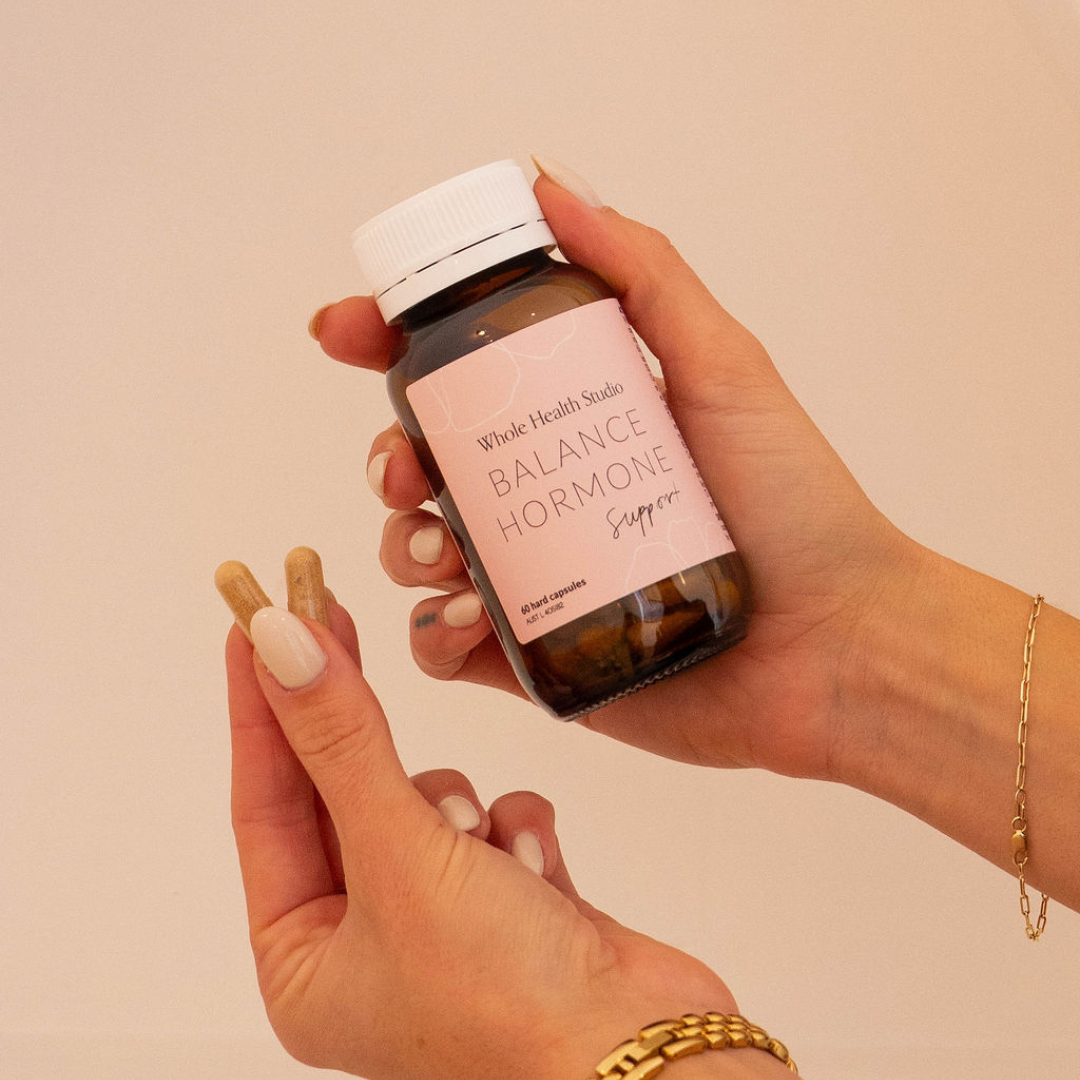
If you find yourself feeling completely unlike yourself in the two weeks before your period- more anxious, overwhelmed, angry, or depressed, it might be more than just PMS. You could be experiencing PMDD, or Premenstrual Dysphoric Disorder.
This condition is often misunderstood or brushed off as “just hormones,” but the reality is far more intense.
So, What Is PMDD?
PMDD stands for Premenstrual Dysphoric Disorder, a severe and often debilitating form of premenstrual syndrome (PMS). It typically occurs during the luteal phase of your cycle- the time between ovulation and your period, and can dramatically affect your mood, mental health, relationships, and overall well-being.
Unlike PMS, which can cause mild irritability or bloating, PMDD symptoms can feel completely consuming.
Symptoms of PMDD
While symptoms vary from person to person, common signs include:
-
Severe mood swings or emotional sensitivity
-
Intense irritability or anger
-
Anxiety, panic, or feeling on edge
-
Depression or hopelessness
-
Difficulty concentrating or brain fog
-
Sleep issues (insomnia or needing extra sleep)
-
Low energy or fatigue
-
Changes in appetite or food cravings
-
Feeling out of control or overwhelmed
-
Physical symptoms like breast tenderness, bloating, or headaches
The key difference with PMDD? It significantly impacts your quality of life- especially your emotional and mental well-being, and typically eases a few days after your period starts.
What Causes PMDD?
The exact cause isn’t fully understood, but research suggests that people with PMDD have an increased sensitivity to normal hormone fluctuations, especially estrogen and progesterone- during the second half of the cycle.
There may also be a link between low serotonin levels, gut health imbalances, stress response dysregulation, and underlying inflammation. These all play a role in how your body processes hormonal changes.
Managing PMDD
While every body is different, addressing PMDD from a whole-body lens can be life-changing. Here’s how we support our clients at Whole Health Studio:
1. Balance Your Hormones Naturally
Focus on building progesterone and calming excess estrogen in the luteal phase.
Supportive nutrients & herbs include:
-
Vitex agnus-castus (chaste tree) – supports progesterone production
-
Withania somnifera (ashwagandha) – calms the nervous system and supports cortisol regulation
-
Magnesium & B6 – support mood, sleep, and hormonal balance
2. Nourish Your Nervous System
PMDD symptoms are often intensified by nervous system dysregulation, so calming the stress response is key.
Daily practices to try:
-
Gentle movement like Pilates or walking in nature
-
Breathwork, alternate nostril breathing, or meditation
-
Restful sleep and wind-down rituals
-
Adaptogenic herbs like Withania and Reishi for resilience
3. Support Gut & Liver Function
Poor estrogen clearance through the gut and liver can lead to estrogen dominance, which often worsens PMDD symptoms.
You can support this by:
-
Eating cruciferous vegetables (broccoli, cauliflower, kale)
-
Incorporating fibre for daily bowel movements
-
Drinking filtered water
-
Using a gentle gut cleanse protocol and follow with gut repair support
Where to From Here?
If you suspect you have PMDD:
-
Start tracking your symptoms across your cycle using a mood or symptom diary
-
Speak to a naturopath or practitioner who understands hormonal health
-
Support your body with nutrients, herbs, and lifestyle strategies that work with your cycle- not against it
-
Book an appointment with your GP for updated blood tests

